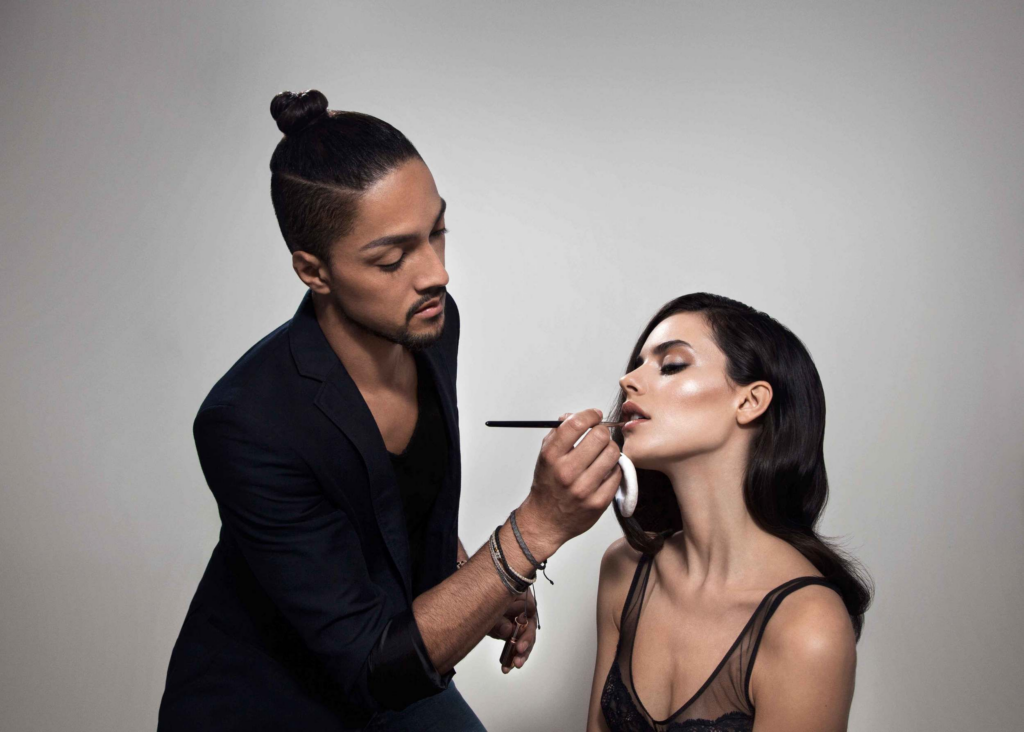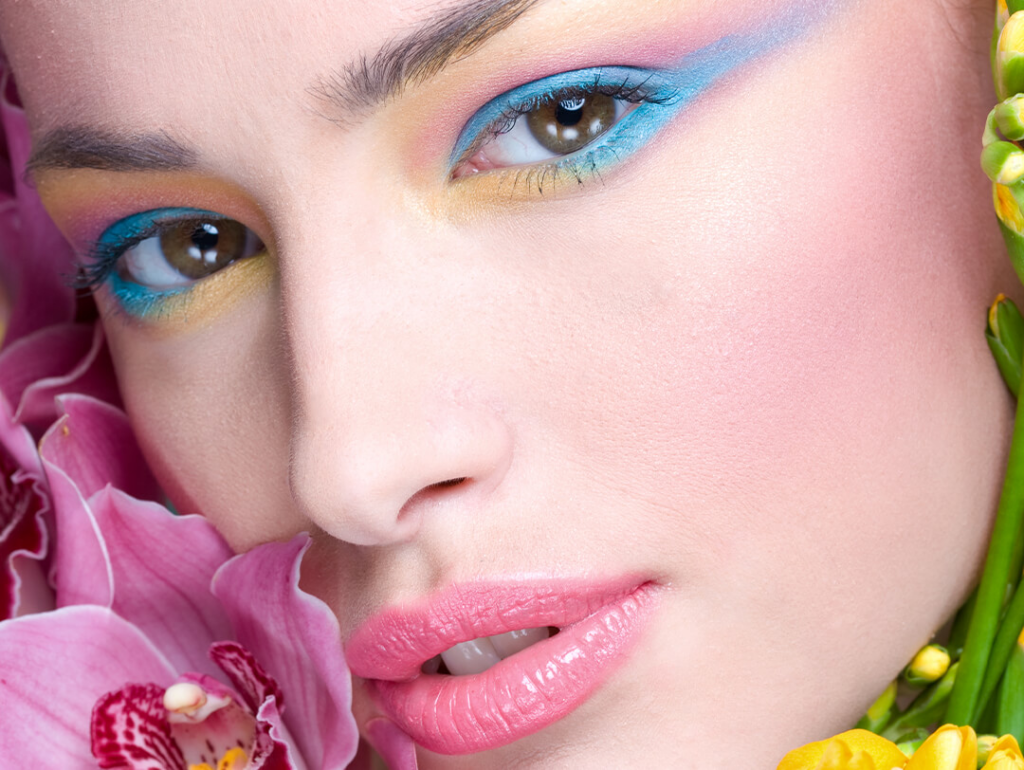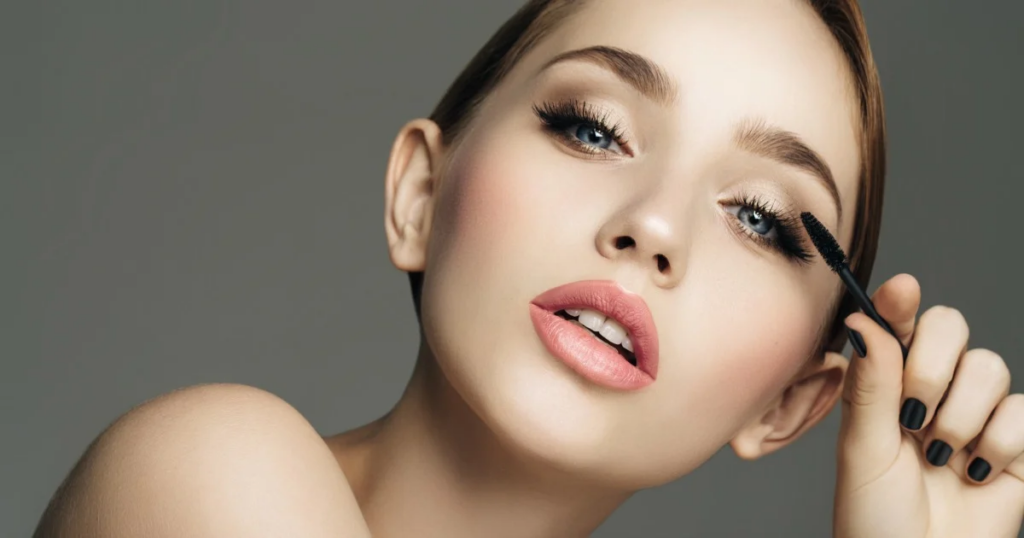
Makeup artistry is a captivating and creative profession that allows individuals to transform faces into stunning works of art. Whether you’re considering a career as a makeup artist or are already on your journey, this article will provide valuable insights and advice to help you navigate the exciting world of makeup artistry.
1. Education and Training
- Formal Education: While a formal education in makeup artistry is not always required, enrolling in a makeup school or program can provide you with essential skills, techniques, and industry knowledge. Look for accredited schools that offer comprehensive training.
- Practice, Practice, Practice: Regardless of formal education, practice is key to honing your skills. Experiment with different looks, styles, and techniques on yourself and willing friends and family members.
2. Build a Diverse Portfolio
- Photograph Your Work: As you practice and refine your skills, create a portfolio of your best work. High-quality photographs of your makeup creations are essential to showcase your talent to potential clients or employers.
- Variety of Styles: Include a variety of makeup styles in your portfolio, from natural and bridal to avant-garde and special effects. Demonstrating versatility will make you more attractive to clients seeking different looks.
3. Networking and Building Relationships
- Attend Industry Events: Attend makeup trade shows, workshops, and industry events to meet fellow makeup artists, professionals, and potential clients. Networking can lead to job opportunities and collaborations.
- Social Media Presence: Utilize social media platforms like Instagram to showcase your work and connect with a broader audience. Engage with your followers and use relevant hashtags to increase visibility.
4. Assist and Intern
- Apprenticeships: Consider assisting experienced makeup artists or interning with established makeup teams. This hands-on experience provides insights into the industry, helps you build contacts, and exposes you to various aspects of makeup artistry.
5. Stay Updated with Trends
- Continuous Learning: The beauty industry is ever-evolving. Stay updated with the latest makeup trends, products, and techniques by reading industry magazines, attending workshops, and following renowned makeup artists on social media.
6. Professionalism and Business Skills
- Customer Service: Exceptional customer service is crucial. Being friendly, punctual, and attentive to clients’ needs will build trust and lead to repeat business.
- Contracts and Rates: Establish clear contracts and pricing for your services. Transparency in your business dealings is essential for both you and your clients.
7. Hygiene and Safety
- Sanitation Practices: Maintain strict hygiene standards by regularly cleaning and sanitizing your makeup brushes, tools, and products. Your clients’ health and safety should always be a top priority.
8. Branding and Marketing
- Brand Yourself: Develop your brand identity, including a professional logo, business cards, and a website. A strong brand will make you more memorable and reputable.
- Online Presence: Create an online portfolio and maintain an active presence on professional websites like LinkedIn. Encourage satisfied clients to leave reviews and testimonials.
9. Legal and Licensing Considerations
- License Requirements: Research the licensing requirements for makeup artists in your area. Some states or countries may require a license or permit to practice professionally.
10. Building a Clientele
- Word of Mouth: Satisfied clients are your best promoters. Encourage them to refer you to friends and family.
- Offer Specials and Promotions: When starting, consider offering promotions or discounts to attract initial clients and build your portfolio.
11. Adaptability and Resilience
- Handling Challenges: The makeup industry can be competitive and demanding. Be prepared to handle difficult clients, long hours, and unexpected setbacks with professionalism and resilience.
12. Continual Self-Improvement
- Critique and Feedback: Seek feedback from mentors, peers, and clients to identify areas for improvement. Continuous self-assessment will help you refine your skills.
- Certifications and Specializations: Consider obtaining additional certifications or specializing in a niche area of makeup artistry, such as bridal makeup, special effects, or theatrical makeup.
13. Legal and Liability Considerations
- Liability Insurance: Depending on your location and the scale of your work, consider liability insurance to protect yourself and your clients in case of accidents or unforeseen issues.
Becoming a makeup artist is a rewarding journey filled with creativity and opportunities. Remember that success in this field often comes with dedication, continuous learning, and the ability to adapt to industry changes. With passion, perseverance, and the right strategies, you can turn your love for makeup into a thriving and fulfilling career.



